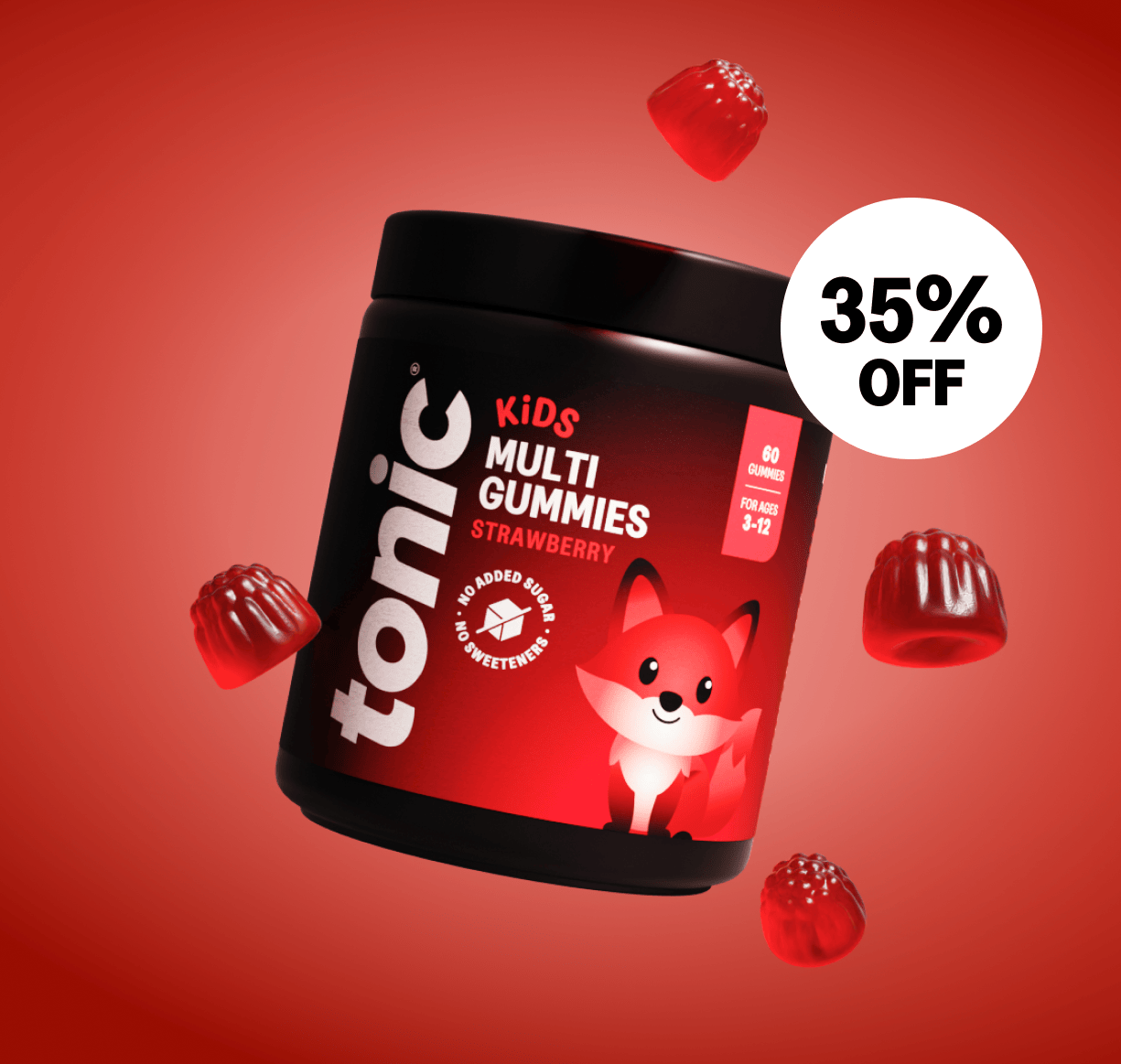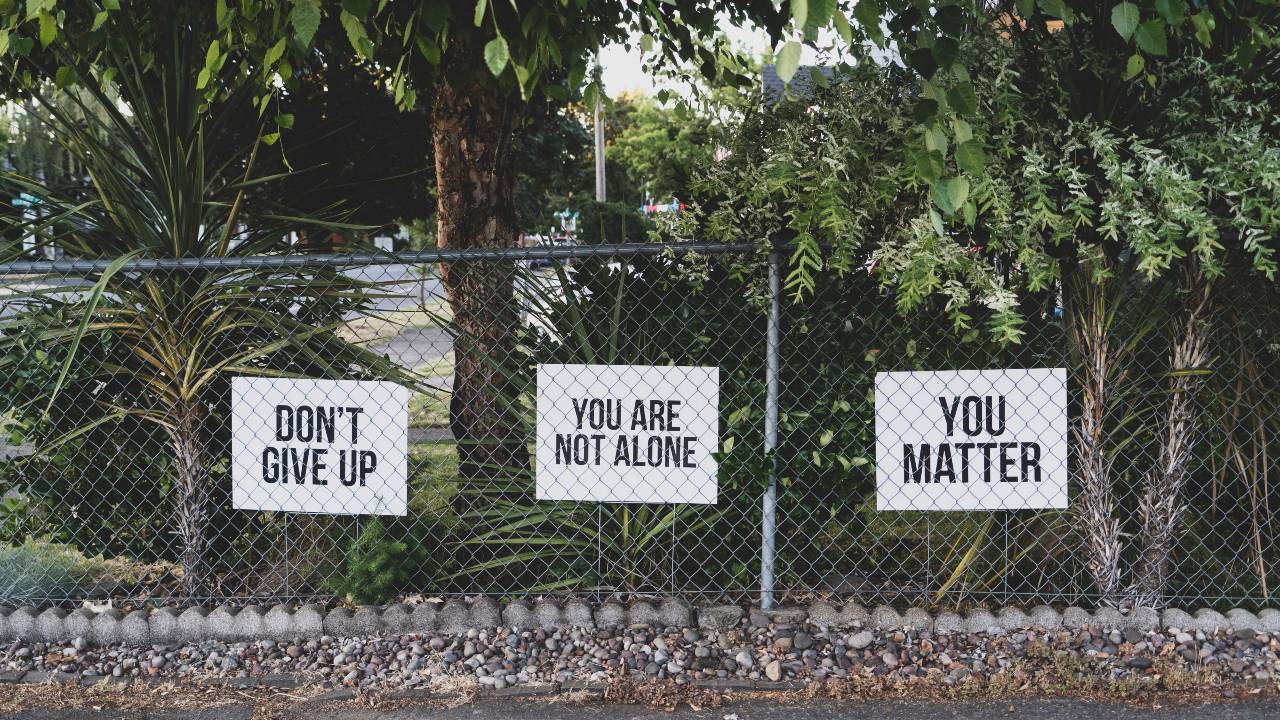Wouldn’t it be amazing if there was just one “magic formula” in life that made everything a bit better? By this, we mean one thing that we could turn to time and time again, in the knowledge that it would help to increase our happiness, energy, self-esteem, pleasure, and even lifespan.
Well, there is seemingly such a thing, and it’s a free resource that you can call upon right now – and not only that, but also spread to others.
We are, of course, talking about the power of kindness. While being kind might seem to be a nice thing to do for its own sake, an aspect that not all of us have sufficiently known or appreciated down the years is how kindness can bring real benefits to both giver and receiver.
So it really is “better to give than to receive”?
We’ve all grown up surrounded by mantras about how vital it is to be kind. Maybe you heard the above statement from your elders who were keen to impress upon you how crucial it was to be civil and mindful towards others, or you were told to “treat others the way you want to be treated”.
All of this has long drummed into our heads the notion of kindness of something we should value for reasons far transcending our own specific wishes or needs. But as it happens, not only are we biologically wired to be kind to others, but it is a characteristic we can further build through practice and repetition, bringing real benefits to our health throughout our lives.
The scientific backing for kindness really is stellar
It seems that if you want to feel like a new, healthier and better you amid the stress and uncertainty brought by the coronavirus crisis, inserting more little moments of kindness into your life – whether you simply hold the door open for someone, buy them a coffee, or have a conversation with them – might be one of the best things you could do.
In truth, on some level, we probably all realise that kindness is good for us. We’ve all experienced those nice feelings when we do something kind for someone else, which has a scientific basis – it bolsters your body’s serotonin, widely known as the “happy chemical” due to its promotion of feelings of satisfaction and wellbeing.
But study after study also points to so many other good things being kind might do for us. It releases the hormone oxytocin, for instance. This, in turn, causes a chemical known as nitric oxide to be released in our blood vessels, which become dilated (expanded) as a result. Such a process lowers blood pressure, thereby making oxytocin a “cardioprotective” hormone. If that’s not “heart-warming” news, we’re not sure what is.
And in a further demonstration of how our physical health and emotional health can be interlinked, oxytocin is also associated with greater self-esteem and optimism, so it could even be a boon in a social situation where feeling shy or anxious might otherwise hold us back.
Then, there’s all of the scientific evidence for the nasty stuff that kindness helps to combat. Kindness produces endorphins, thereby helping to lessen pain. A connection has also been made between longstanding kindness and lower levels of the stress hormone cortisol, not to mention slower ageing. There have even been indications that our own depression can be reduced when we go out of our way to be nice to others.
Kindness, then, is no mere fad!
As the continuing fallout from the COVID-19 crisis serves to remind us all of the value that working closely together to protect each other can have, there might have never been a more opportune moment to also re-familiarise ourselves with the enduring power of kindness.
Far from a sign of weakness or “being a pushover”, kindness could be a potent means by which you can live your best life – and help others to do the same.
Other sources:
https://edition.cnn.com/2020/02/17/health/kindness-health-benefits-wellness/index.html
https://www.happiness.com/en/magazine/science-psychology/benefits-of-kindness/
https://www.mentalhealth.org.uk/campaigns/mental-health-awareness-week/kindness-matters-guide







Leave a comment
All comments are moderated before being published.
This site is protected by hCaptcha and the hCaptcha Privacy Policy and Terms of Service apply.